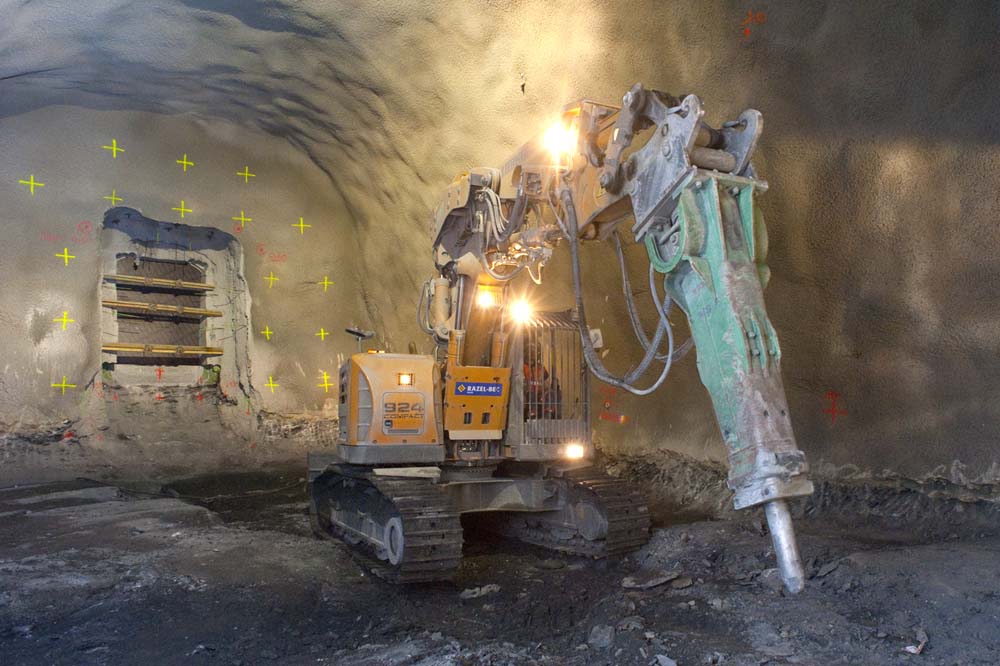Doosan Infracore is set to sell its machine tools division to Standard Chartered in a bid to alleviate the group’s problematic debt.
The sales process, led by the Credit Suisse, began in early December, with Doosan Infracore initially hoping to get $1.67bn (2 trillion won) for the division, but with many observers assuming that the company would be sold for around $850 to $1bn (1 trillion won-1.2 trillion won).
In the end, a Standard Chartered arm has been named the preferred bidder with an offer of $1.13bn (1.36 trillion won), announced South Korea’s Yonhap news agency towards the end of the year.
Ironically, the machine tools division has been Doosan Infracore’s most profitable unit for the past four years, generating 10% of its operating profits – so the decision to dispose of it shows just how desperate the company is to secure liquidity.
“Expecting the global construction market would continue to boom, we invested heavily until 2012 to expand our production capacities, but this came back to bite us as China lost growth momentum,” a spokesperson noted.
“We now have to sell some operations to raise cash and downsize our workforce to save costs.”
Doosan Infracore has been in a severe state of debt ever since 20007, when it bought compact OEM Bobcat from the US industrial conglomerate Ingersoll-Rand for $4.9bn shortly before the start of global economic recession and the subsequent downturn across global equipment sectors.
This has since been exacerbated but the ongoing economic uncertainty in China, which is severely dampening sales in extractive and construction industries where Doosan previously found favour.
In 2014, Doosan Infracore sold about 6,900 construction vehicles in China, down 69% from 2010, while its market share fell to 8.2%. In Q3 2015, it saw a net loss of some $1.77bn (212 billion won).
The company also decided to cut 704 jobs, or 23% of its workforce of 3,041, in December, including 30% of its executive employees – but also junior staff – through a voluntary retirement programme with 12-20 months of salary on top of severance.
However, the inclusion of junior employees in the cuts, including recent graduates, has only added to the company’s woes by generating a strong public backlash against the company within South Korean that will colour its image as a ‘people’ company for years to come.
The firm also plans to cease the operation of 20 loss-making plants in Brazil and other countries.



